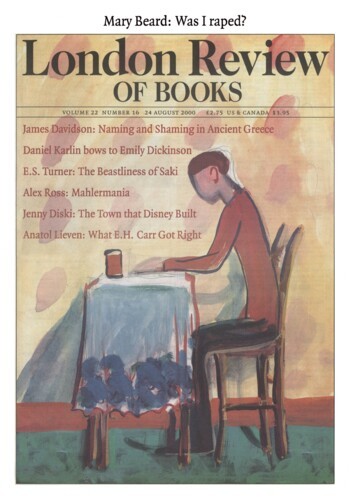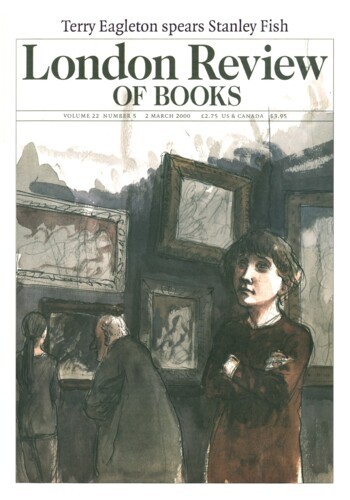Are you a Christian? Do you believe? Do you believe that Jesus of Nazareth was born in Bethlehem, thanks to a Roman census, on a day corresponding to 25 December, at the end of a year corresponding to 1 BC, that all those fireworks, a few weeks ago, were marking his 2000th birthday in a meaningful way, that his mother was a virgin, that he rode into Jerusalem on an ass? Well, I am afraid all of that is almost certainly not true. These are late inventions, designed to fit what Old Testament prophets said, prophets imperfectly translated from Hebrew into Greek. The Gospels are outrageously inconsistent about the nativity. Jesus was probably born in Nazareth. There was indeed a census, but in the year 6 of Our Lord, and in the province of Syria, not Galilee. Herod was already dead by then. He died ten years earlier, four years Before Christ. There was a Pontius Pilate. He was in office from 26-36. Jesus might have been only 20 when he died – you can hang on to the crucifixion – or turning 40. Take your pick. OK, there may have been a donkey, but that just means the story was not a fiction but a drama enacted according to the script the prophets had written; and his mother was a married woman not a parthenos – a married parthenos is a contradiction in terms. What’s more, she produced several sons. One of them presided over the Jesus movement for thirty years after his brother’s death. He was a pious Jew. So was Jesus. His teaching, whatever it was, wasn’t meant for you.
A World Full of Gods: Pagans, Jews and Christians in the Roman Empire by Keith Hopkins. Are you a Christian? Do you believe? Do you believe that Jesus of Nazareth was born in Bethlehem, thanks to a Roman census, on a day corresponding to 25 December, at the end of a year...





